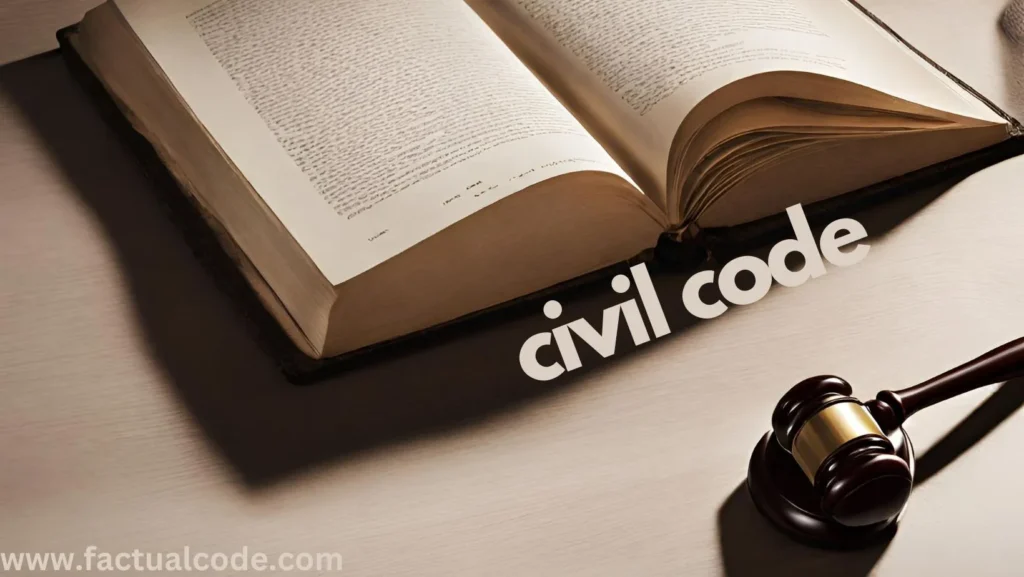Introduction
Condonation of delay is a crucial aspect of procedural law in India, governed primarily by Section 5 of the Limitation Act, 1963. This provision allows courts to admit appeals or applications even after the prescribed limitation period if the appellant or applicant can demonstrate sufficient cause for the delay. The principle underlying this provision is to ensure that genuine litigants are not denied justice due to procedural constraints, thereby upholding substantial justice over technicalities.
Section 5 of the Limitation Act, 1963
“Any appeal or any application, other than an application under any of the provisions of Order XXI of the Code of Civil Procedure, 1908, may be admitted after the prescribed period if the appellant or the applicant satisfies the court that he had sufficient cause for not preferring the appeal or making the application within such period.”
Key Aspects of Section 5:
It applies only to appeals and certain applications, excluding suits.
The term “sufficient cause” is central and is interpreted liberally to advance justice.
Courts have discretion in determining whether the reasons provided justify the delay.
Key Case Laws on Condonation of Delay
1. Balakrishnan v. M.A. Krishnamurthy (1998)
The Supreme Court held that Section 5 is based on public policy to ensure access to justice.
A liberal approach should be taken in condoning delays unless negligence or inaction is evident.
The Court emphasized that refusal to condone the delay should not result in injustice, particularly in cases where no mala fide intent is involved.
2. Collector, Land Acquisition, Anantnag & Anr. v. Mst. Katiji & Ors. (1987)
The Supreme Court laid down fundamental principles for condonation of delay:
Refusal to condone delay may lead to rejection of a meritorious case.
Courts should adopt a pragmatic, justice-oriented approach rather than a pedantic one.
Substantial justice should prevail over technicalities.
There should be no assumption that delays are deliberate or mala fide.
Every litigant should be given a fair chance to present their case if they demonstrate a valid reason for the delay.
3. State of Haryana v. Chandra Mani & Ors. (1996)
The Court recognized that government litigants should not be equated with private individuals.
Due to bureaucratic hurdles and procedural constraints, some latitude is permissible for government entities.
The judgment acknowledged that delays in decision-making processes within government institutions often arise from systemic inefficiencies rather than individual negligence.
4. G. Ramagowda v. Special Land Acquisition Officer (1988)
Emphasized that “sufficient cause” must be interpreted liberally to prevent substantial injustice.
A lenient approach should be taken if the delay is not due to gross negligence or willful inaction.
The Court held that procedural laws should not be used as tools to defeat justice, and where an applicant has acted in good faith, courts should adopt a flexible approach.
5. Shakuntala Devi Jain v. Kuntal Kumari (1969)
The Court held that “sufficient cause” should be construed broadly to promote justice.
Judicial discretion must be exercised judiciously to ensure fair outcomes.
The ruling reinforced the idea that procedural rigidity should not be an obstacle to adjudicating substantive rights, particularly where a party has shown reasonable diligence.
Practical Application and Judicial Discretion
When deciding on condonation of delay, courts consider:
Unavoidable Circumstances: Whether the delay was due to reasons beyond the applicant’s control, such as illness, unforeseen financial difficulties, or administrative lapses.
Conduct of the Applicant: The applicant’s behavior before and after the expiration of the limitation period, ensuring there is no intentional delay or lack of diligence.
Prejudice to the Opposite Party: Whether condoning the delay would cause undue hardship to the respondent, affecting their legal rights or leading to undue advantage to the applicant.
The courts balance the right to appeal with the need to prevent abuse of the legal process, ensuring that procedural rules do not become tools of injustice.
Conclusion
The condonation of delay under Section 5 of the Limitation Act, 1963, embodies judicial discretion aimed at promoting substantial justice. Courts follow a liberal and pragmatic approach to prevent the dismissal of legitimate claims due to technical lapses. Through landmark judgments, the judiciary has consistently emphasized that procedural delays should not override the pursuit of justice, provided the applicant acts in good faith and presents a genuine cause for the delay. The principle remains that justice should not be sacrificed at the altar of technicalities, ensuring that fair opportunities are given to all litigants seeking remedies before the courts.

